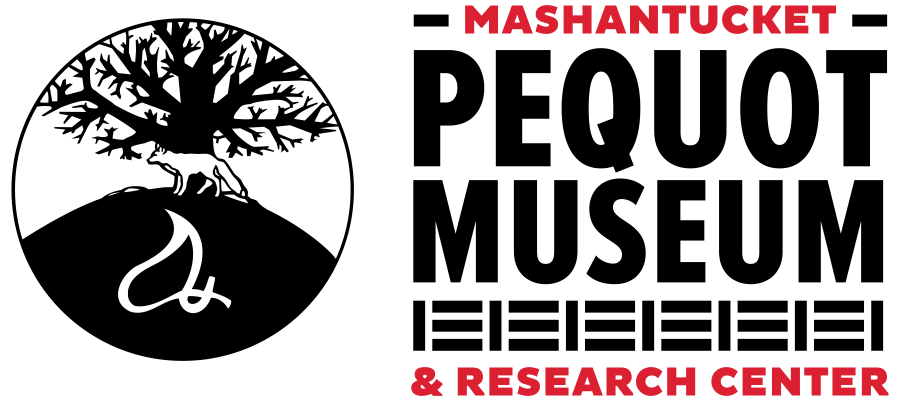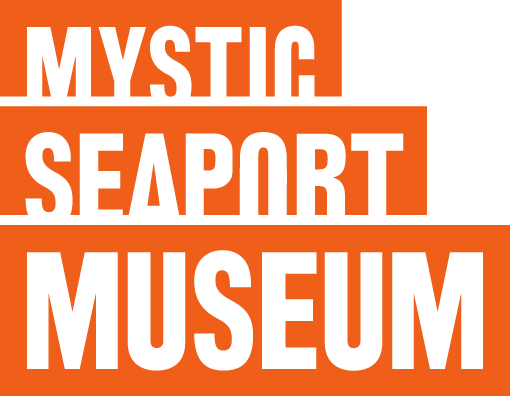Seeqan is the season of rebirth and renewal. Across Pequot homelands and ancestral waters, it is the season when the herring return home, new life blooms, and light burns away the darkness. During Seeqan, we come together to share stories, celebrate possibility, and rededicate ourselves to the pursuit of a better future.
Seeqan Sessions: Light, Growth, and Preservation seeks to honor the promise of this Spring season by bringing together knowledge-bearers, scholars, advocates, artists, teachers, and youth from across the Dawnlands plus interested members of the public for conversation, connection, and community. This gathering will revolve around water, watersheds, and the oceans with exhibit tours, panel presentations, artist reflections, and discussions.
The central topic for this convening will be conservation: waterways, culture, and resilience. Conservation involves the necessary pursuit of protection, preserving what we value for the next generations. It also can be a practice of exclusion, extraction, and division, reinforcing colonial constructs and systems of exploitative power. Together, we’ll explore the conservation of land and water, of history and art, of community and youth, and more through decolonizing methodologies.
Free and open to the public. Lunch and museum admission are included in your registration. This event is a co-organized convening of the Mashantucket Pequot Museum & Research Center, Mystic Seaport Museum, and the Ruth J. Simmons Center for the Study of Slavery and Justice at Brown University.
 |  | .png) |
Portions of the Seeqan Sessions events and participants may be captured by photography, video or audio and used for news or promotional purposes by the co-organizing institutions: the Mashantucket Pequot Museum & Research Center, Mystic Seaport Museum, and the Ruth J. Simmons Center for the Study of Slavery and Justice at Brown University.